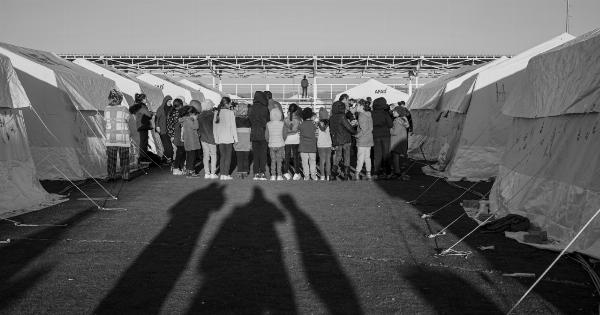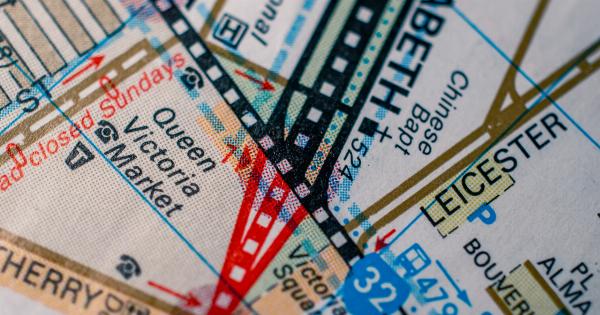Emergencies can happen at any time and anywhere, regardless of how careful we are. When these sudden situations occur, every second counts, and everyone involved must work hard to ensure the safety and well-being of everyone involved.
For this reason, it’s crucial to have dependable resources and the best possible assistance when dealing with emergencies.
Choose the Right Emergency Services
One of the first steps to take in an emergency is to call the right emergency services. These services can include the police, fire department, or ambulance, depending on the situation.
Each of these services plays a crucial role in ensuring that help arrives as quickly and safely as possible.
It is essential to remain calm, follow instructions, and provide accurate information about the emergency. The quicker you describe the situation, the faster the emergency team can attend to the particular emergency.
Be Prepared for Emergencies
Preparedness is a crucial aspect of dealing with emergencies. You never know when you might find yourself in a sudden dangerous situation. Therefore, being well-equipped can help improve the outcome.
Some examples of being prepared include having first aid kits, flashlights, and emergency contacts readily available. Keeping an emergency kit in the car or at home can also make a big difference. The kit can include water, food, a battery powered radio, warm clothing, and a charged mobile phone.
Stay Safe During Emergencies
In emergencies, one of the most crucial things to do is to stay safe, especially if the emergency is due to natural disasters like earthquakes, floods, tornadoes, or hurricanes.
When there is a warning, people must take the necessary action to protect themselves and their loved ones. For instance, during a hurricane, it’s important to evacuate immediately if instructed by officials.
If an earthquake occurs, it’s crucial to know the right places to shelter in and avoid moving around to avoid falling debris or collapsing structures. In any emergency, staying informed and following safety guidelines can help minimize risks.
Why Only the Best Will Do
When responding to emergencies, we can hardly afford to take chances with the quality of the help we receive. Even the smallest mistake can have extremely serious consequences, which is why only the best help can make a difference.
The right resources, training, and expertise are essential in directing an emergency situation towards a positive ending. A minimal mistake in administering CPR, or failing to recognize specific symptoms, can result in a state of panic or loss of an individual’s life.
Having the best medical services, police, or fire fighting services, will ultimately determine the chances of survival of any individual.
These services are essential to support families in a wide range of emergencies, such as fire hazards, accidents, heart attacks, and many more. In the end, it is the expertise, resources, and attitude of professionals that make the situation more tolerable and result in a better outcome for everyone involved.
In Conclusion
Emergencies can happen anytime, anywhere, and to anyone. They can bring a great deal of stress, anxiety, and fear to people involved.
However, a sense of preparedness, remaining calm during the emergency, safety observance, and prompt assistance are some of the key factors that will contribute to a positive outcome. If you can’t avoid an emergency, you must always choose to have the best help and services by your side to enhance the chances in such situations.


























